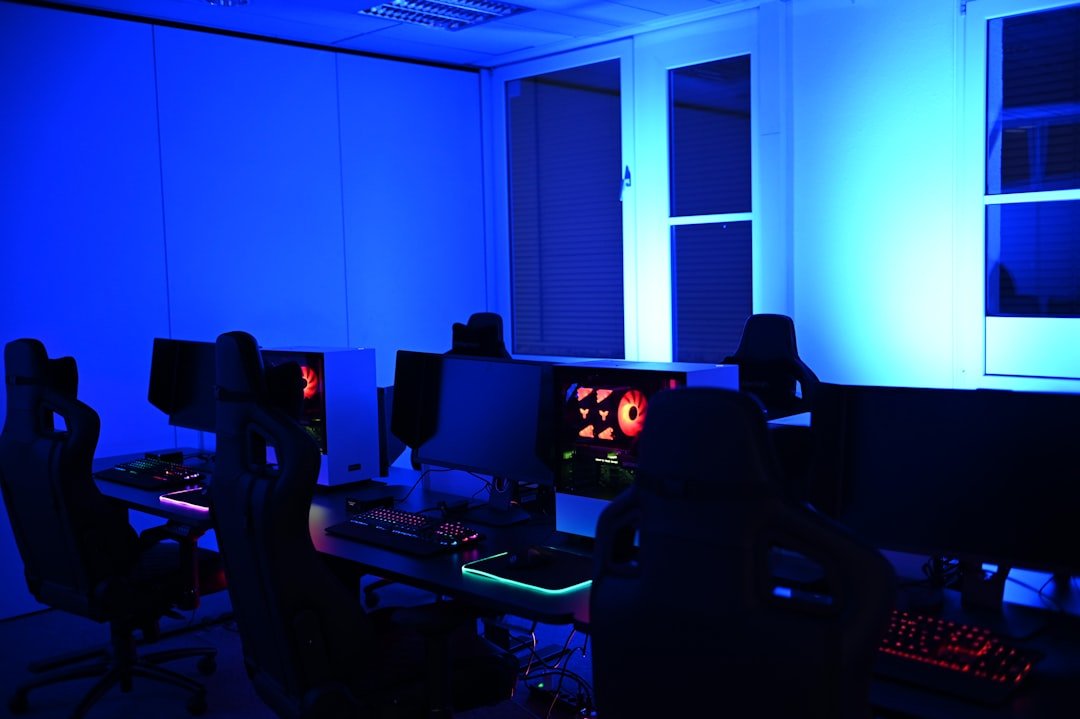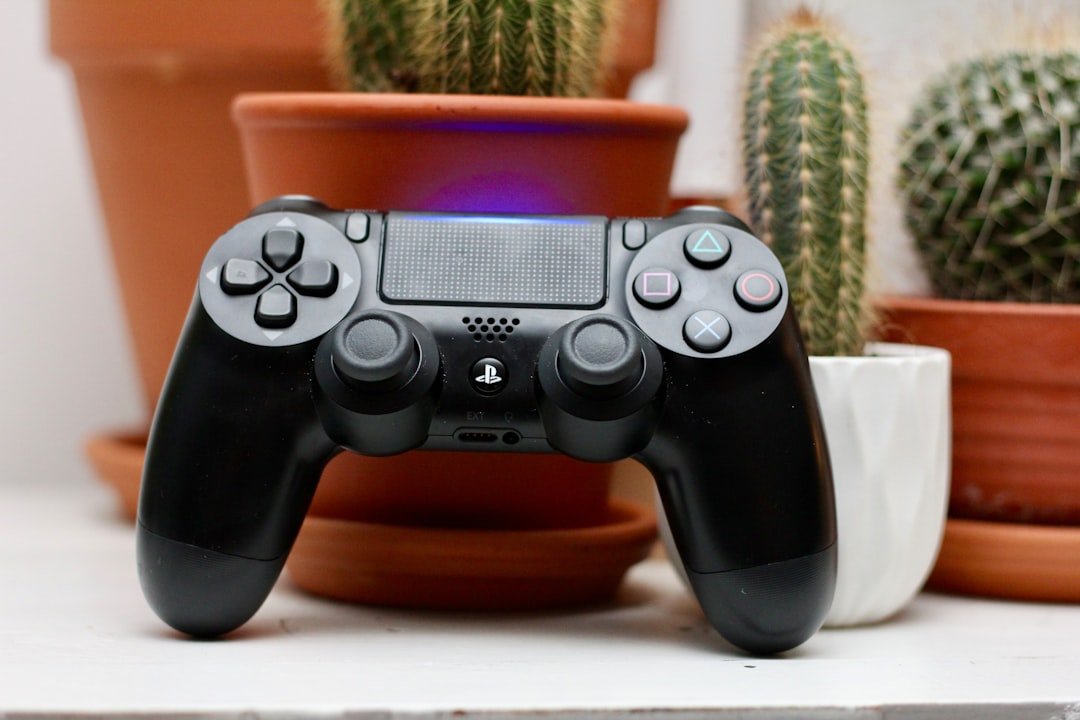Now Reading: The Rise of Live Game Soundtrack Concerts
-
01
The Rise of Live Game Soundtrack Concerts
The Rise of Live Game Soundtrack Concerts
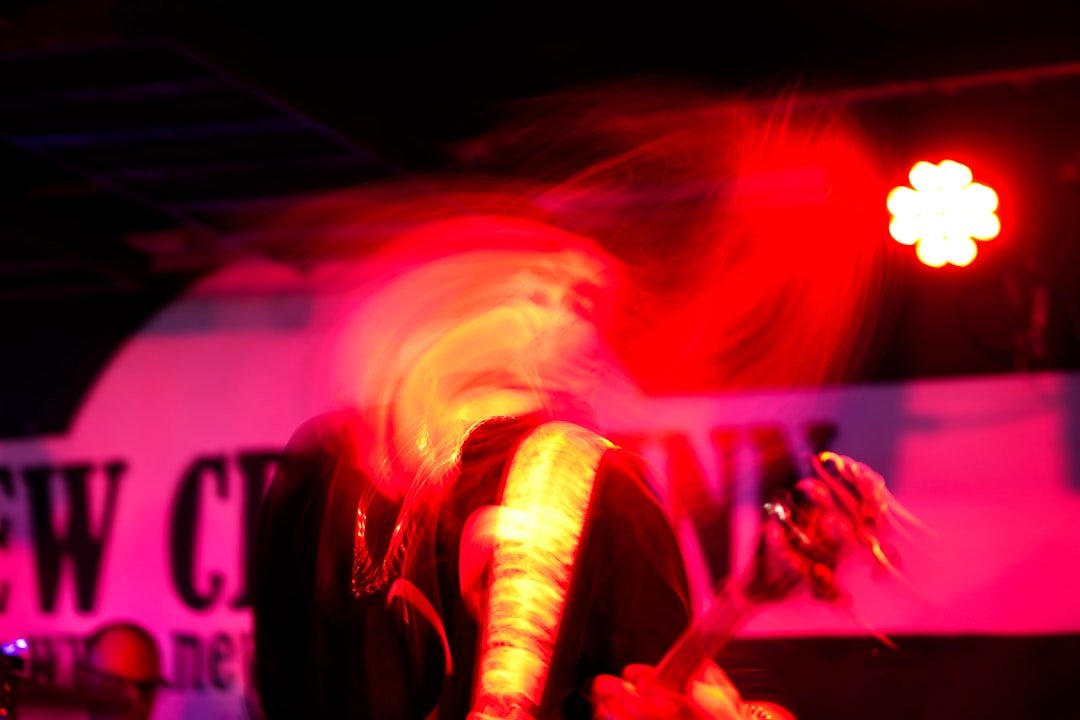
As a passionate gamer and music enthusiast, I have always found myself captivated by the immersive worlds created by video games. One of the most enchanting aspects of these digital realms is the music that accompanies them. Live game soundtrack concerts have emerged as a unique phenomenon, blending the excitement of gaming with the artistry of live performance.
These concerts not only celebrate the intricate compositions that enhance our gaming experiences but also create a communal atmosphere where fans can come together to share their love for both music and gaming. Attending a live game soundtrack concert is an experience unlike any other. The energy in the air is palpable as fans gather, often dressed in cosplay or wearing merchandise from their favorite games.
The anticipation builds as the lights dim and the orchestra takes the stage, ready to transport us back to the moments that defined our gaming journeys. In this article, I will explore the evolution of video game music, its impact on pop culture, and the growing demand for live performances that celebrate this art form.
Key Takeaways
- Live game soundtrack concerts bring the immersive experience of video game music to life, creating a unique and interactive event for fans.
- Video game music has evolved from simple 8-bit tunes to complex and emotionally impactful compositions, reflecting the growth and sophistication of the gaming industry.
- Video game music has become a significant part of pop culture, influencing fashion, art, and even mainstream music.
- The demand for live game soundtrack concerts is growing, as fans seek to connect with their favorite games and composers in a live setting.
- Technology plays a crucial role in enhancing live game soundtrack concerts, with advancements in audiovisual effects and interactive elements elevating the concert experience.
The Evolution of Video Game Music
The journey of video game music is a fascinating one, beginning in the 8-bit era of the late 1970s and early 1980s. I remember the simple yet catchy tunes that accompanied my early gaming experiences, like those in “Super Mario Bros.” and “The Legend of Zelda.” These compositions were often limited by technology, relying on synthesized sounds to create memorable melodies. However, even within these constraints, composers managed to craft music that resonated with players, laying the groundwork for what would become a rich and diverse genre.
As technology advanced, so too did the complexity and depth of video game music. The introduction of CD-quality audio in the 1990s allowed composers to incorporate orchestral arrangements and more intricate soundscapes into their work. I recall being blown away by the sweeping scores of games like “Final Fantasy VII” and “Chrono Trigger,” which elevated the emotional stakes of gameplay.
This evolution not only transformed how we experienced music in games but also set the stage for live performances that would later captivate audiences around the world.
The Impact of Video Game Music on Pop Culture
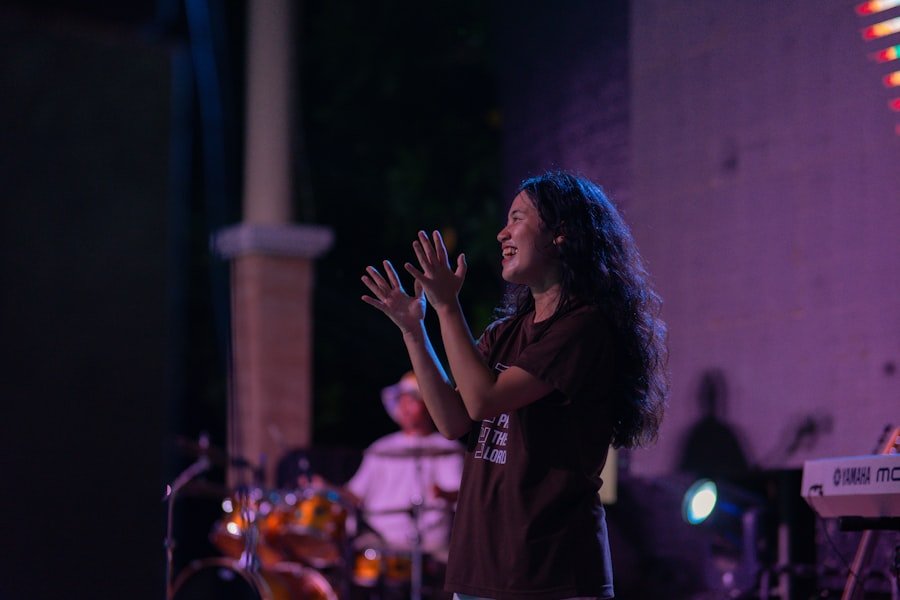
Video game music has transcended its original purpose, becoming an integral part of pop culture. I have witnessed firsthand how iconic themes from games have permeated mainstream media, appearing in commercials, movies, and even television shows. The melodies that once played in our living rooms have found new life in various forms, showcasing the universal appeal of these compositions.
This crossover has helped to legitimize video game music as a serious art form, deserving of recognition and celebration. Moreover, video game soundtracks have inspired countless artists and musicians across genres. I often find myself listening to remixes and covers of my favorite game themes on platforms like YouTube and Spotify.
These reinterpretations not only pay homage to the original compositions but also introduce them to new audiences who may not be familiar with the games themselves. This cultural exchange has further solidified the place of video game music within the broader landscape of contemporary music.
The Growing Demand for Live Game Soundtrack Concerts
As I attend more live game soundtrack concerts, it becomes increasingly clear that there is a growing demand for these events. Fans are eager to experience their favorite game music performed live, creating a sense of connection that is often absent when listening to recordings alone. The communal aspect of these concerts fosters a unique bond among attendees, as we share in the nostalgia and excitement of reliving our favorite gaming moments through music.
Prominent orchestras and ensembles have recognized this demand, leading to an increase in concert series dedicated to video game music. Events like “Distant Worlds: Music from Final Fantasy” and “The Legend of Zelda: Symphony of the Goddesses” have drawn large crowds, showcasing the popularity of this genre. I find it exhilarating to see how these concerts have evolved from niche events into mainstream spectacles, attracting not only dedicated gamers but also casual fans who appreciate the artistry behind the music.
The Role of Technology in Enhancing Live Game Soundtrack Concerts
Technology plays a crucial role in enhancing the experience of live game soundtrack concerts. As I sit in the audience, I am often amazed by how visual elements are seamlessly integrated into performances. Large screens display stunning visuals from the games being celebrated, allowing us to relive iconic moments while listening to the accompanying score.
This multimedia approach creates an immersive experience that elevates the concert beyond a traditional orchestral performance. Additionally, advancements in sound technology have allowed orchestras to deliver high-quality audio that captures the nuances of each composition. I appreciate how sound engineers work tirelessly to ensure that every note is crystal clear, allowing us to fully appreciate the intricacies of the music.
The combination of visual storytelling and superior sound quality transforms these concerts into unforgettable experiences that resonate long after the final note has been played.
The Influence of Game Soundtrack Composers in the Concert Scene
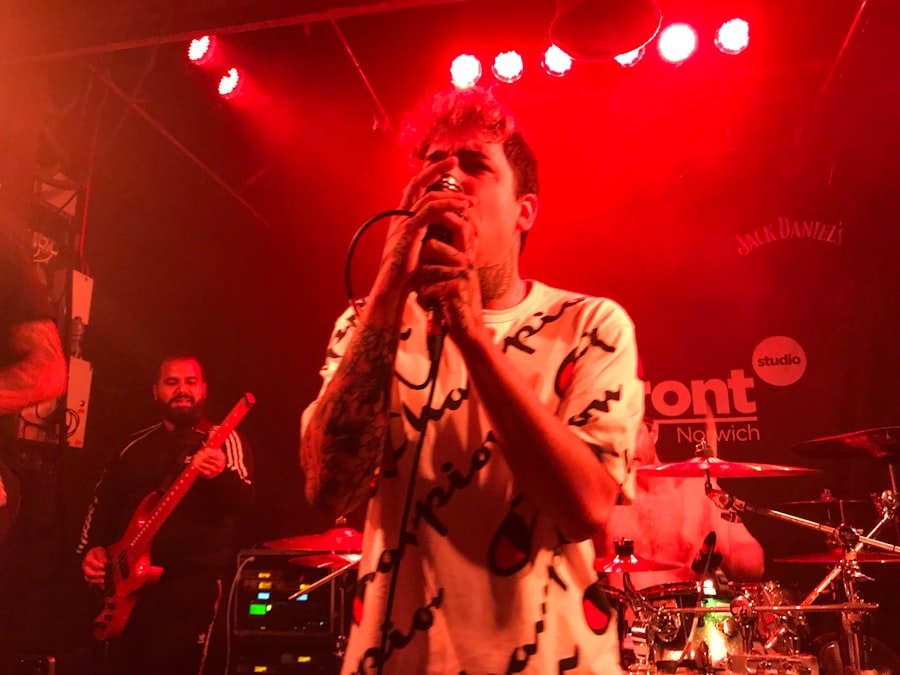
The composers behind our favorite game soundtracks have become influential figures within the concert scene. As I delve deeper into this world, I am continually inspired by their creativity and passion for their craft. Many composers have taken an active role in live performances, conducting orchestras or even performing alongside musicians.
Their presence adds an extra layer of authenticity to these events, as they share insights into their creative processes and personal connections to the music. I find it fascinating how composers like Nobuo Uematsu and Yasunori Mitsuda have embraced this new avenue for their work. They not only create memorable scores but also engage with fans on a personal level during concerts.
This interaction fosters a sense of community among attendees, as we celebrate not just the music but also the individuals who brought it to life. Their influence extends beyond the concert hall, inspiring a new generation of composers who are eager to explore the possibilities within video game music.
The Diversity of Game Soundtrack Concerts
One of the most exciting aspects of live game soundtrack concerts is their diversity. As I attend various events, I am struck by how different each concert can be, reflecting the wide range of genres and styles present in video game music. From orchestral arrangements to rock band performances, there is something for everyone within this vibrant scene.
I have enjoyed everything from symphonic renditions of classic scores to energetic rock concerts featuring beloved game themes. This diversity also extends to the types of games represented in these concerts. While franchises like “Final Fantasy” and “The Legend of Zelda” often take center stage, there are numerous events dedicated to indie games and lesser-known titles as well.
I appreciate how these concerts shine a light on a variety of compositions, showcasing the talent and creativity present across the gaming landscape. This inclusivity enriches our understanding of video game music as a whole and allows us to discover new favorites along the way.
The Connection Between Video Game Music and Nostalgia
Nostalgia plays a significant role in my appreciation for video game music, as it evokes memories of my childhood and formative gaming experiences. Each time I hear a familiar theme, I am transported back to those moments spent exploring fantastical worlds or battling formidable foes alongside friends. This emotional connection is a powerful aspect of live game soundtrack concerts, as many attendees share similar experiences tied to the music being performed.
During these concerts, I often find myself surrounded by fellow fans who are equally moved by the melodies that define our shared history with gaming. The collective nostalgia creates an atmosphere filled with warmth and camaraderie, as we reminisce about our favorite moments while enjoying live renditions of beloved scores. This connection between music and memory is what makes these concerts so special; they serve as a reminder of how deeply intertwined our lives are with the art we consume.
The Global Reach of Live Game Soundtrack Concerts
The phenomenon of live game soundtrack concerts is not limited to one region; it has gained global traction over recent years. As I explore concert schedules from around the world, I am amazed at how many cities host events dedicated to video game music. From Tokyo to Los Angeles, fans gather to celebrate their favorite scores in venues ranging from grand concert halls to intimate theaters.
This global reach highlights the universal appeal of video game music and its ability to transcend cultural boundaries. I have had the pleasure of attending concerts in different countries, each offering its own unique take on beloved compositions. These experiences have deepened my appreciation for how video game music resonates with people from diverse backgrounds, uniting us through our shared love for gaming and its accompanying soundtracks.
The Future of Live Game Soundtrack Concerts
As I look ahead to the future of live game soundtrack concerts, I am filled with excitement about what lies ahead for this burgeoning art form. With advancements in technology continuing to shape our experiences, I anticipate even more innovative approaches to live performances. Virtual reality concerts may become a reality, allowing fans to immerse themselves in their favorite games while enjoying live renditions of their soundtracks.
Moreover, as more composers gain recognition for their work within the gaming industry, I expect an influx of new talent entering the concert scene. This fresh perspective will undoubtedly lead to exciting collaborations and unique interpretations of existing scores. As audiences continue to grow and diversify, I believe we will see an expansion in concert offerings that cater to various tastes and preferences.
The Continuing Rise of Live Game Soundtrack Concerts
In conclusion, my journey through the world of live game soundtrack concerts has been nothing short of exhilarating. From witnessing the evolution of video game music to experiencing its impact on pop culture, I have come to appreciate how deeply intertwined this art form is with our lives as gamers and music lovers alike. The growing demand for these concerts reflects a collective desire to celebrate not only our favorite games but also the talented individuals who bring their soundtracks to life.
As technology continues to enhance our experiences and composers embrace their roles within this vibrant scene, I am confident that live game soundtrack concerts will only continue to rise in popularity. With each performance, we are reminded of the power of music to evoke emotions and create lasting memories—an experience that transcends generations and unites us all through our shared love for gaming.
Game soundtracks are becoming live concert staples as more and more gamers are recognizing the power of music in enhancing their gaming experience. In fact, a recent article on





